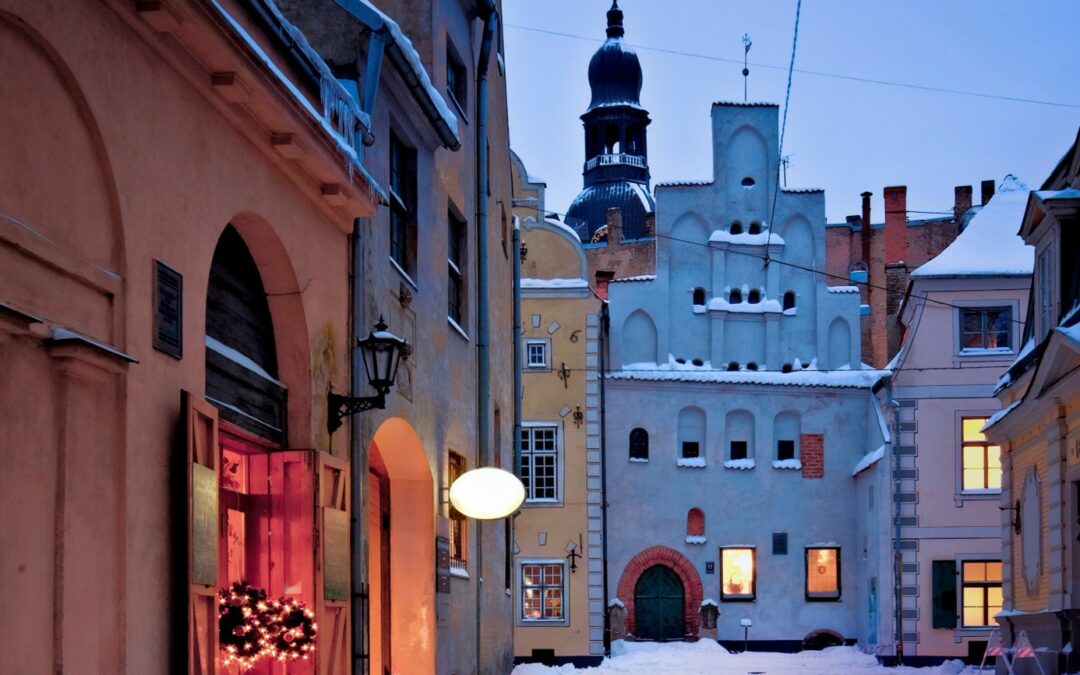Also, the Riga City Municipality has adopted various energy-saving measures both in the municipal buildings and in the urban environment, hoping to reduce energy consumption of municipal institutions at least by 15%. Namely, the interior air temperature at all municipal buildings is set to 20°C during working hours, and to 16°C at night or on holidays. The operation of ventilation systems is controlled, the use of air conditioners is limited, and uneconomical bulbs are replaced with LED bulbs. Facade lighting of municipal buildings is switched off between 00:00 a.m. and 05:00 a.m. Also, municipal employees are encouraged to change their current habits by monitoring for instance whether lighting is turned off where it is not needed, whether water is used sparingly or electric appliances are switched off and chargers are not left in sockets when they are not in use.
No less important is that these energy management and energy saving measures are creating new, valuable habits of energy behaviour – for which the municipality thanks all involved employees.
Picture Credits: Valts Kleins
